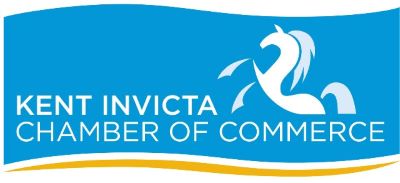Whilst it's the most popular structure in the UK, the sole trader model can be somewhat prohibitive to a business. Because of this, a large proportion of business owners who start out as sole traders eventually choose to switch to a limited company. Here, company formation agent 1st Formations, look at why you too should consider converting your business to a limited company.
First, what is a limited company?
A limited company is a business model whereby the owner(s) of the company, known as members or shareholders, are a separate legal entity from the company itself.
There are a number of company types, including:
- Private companies limited by shares - the most popular form of limited company and typically appropriate for most business types
- Private companies limited by guarantee - generally used for not-for-profit operations
- Limited liability partnerships - often used for professional partnerships such as accountants and solicitors
- Public limited companies - for businesses that wish to offer shares to the public
All companies in the UK must be registered at Companies House, a government agency that oversees the incorporation and dissolution of limited companies, and maintains a public register made up of company information.
Now, let's look at four of the advantages of switching from a sole trader to a limited company.
- Financial protection through limited liability
As a sole trader, there's no differentiation between you and the business. This means, if the business were to fall into financial difficulties, you are personally liable for the business' debts through your own finances. With a limited company, a shareholder's liability is capped at the nominal value of unpaid shares that they hold. This provides a level of financial protection not available with the sole trader model.
- Boosted opportunities with a renowned structure
A limited company is an esteemed business model and one that projects a professional image that isn't associated with that of a sole trader. When operating as a limited company you will notice that there are more opportunities for investment, customers have more trust in you, and other businesses are more willing to partner up with you.
- Added tax efficiency
Whilst this depends heavily on your business' circumstances, generally speaking, a limited company is a more tax-efficient structure when placed side-by-side with a sole tradership. For example, limited companies pay corporation tax on the profits that they make, which is typically at a lower rate than the income tax and National Insurance that sole traders need to pay.
- Brand defence
No two names can be the same on the Companies House register, they can't even be similar. When you register a limited company, you are taking the first steps in locking down your brand by preventing any other company from operating with your name. The sole trader mode offers no such protection.
Isn't setting up a limited company tricky?
No. One of the major benefits often assigned to sole traderships is just how easy and quick they are to set up, but the truth is, limited companies are remarkably simple to set up too.
With just a handful of information, such as a unique company name, an address to use as the registered office and details for each director and shareholder (a company can be formed with one person taking on both these roles) - it's possible for someone to complete an online application to register a company in minutes, with applications often then accepted at Companies House within a matter of hours.
Ready to form a limited company?
1st Formations are the UK's top-rated company formation agent with thousands of 5* reviews across the major reviewing platforms. They're the the perfect starting point for anyone who wants to switch from a sole trader to a limited company.
Company formation packages start at only £12.99… get started now.
Copyright 2023. Featured post by 1st Formations.
